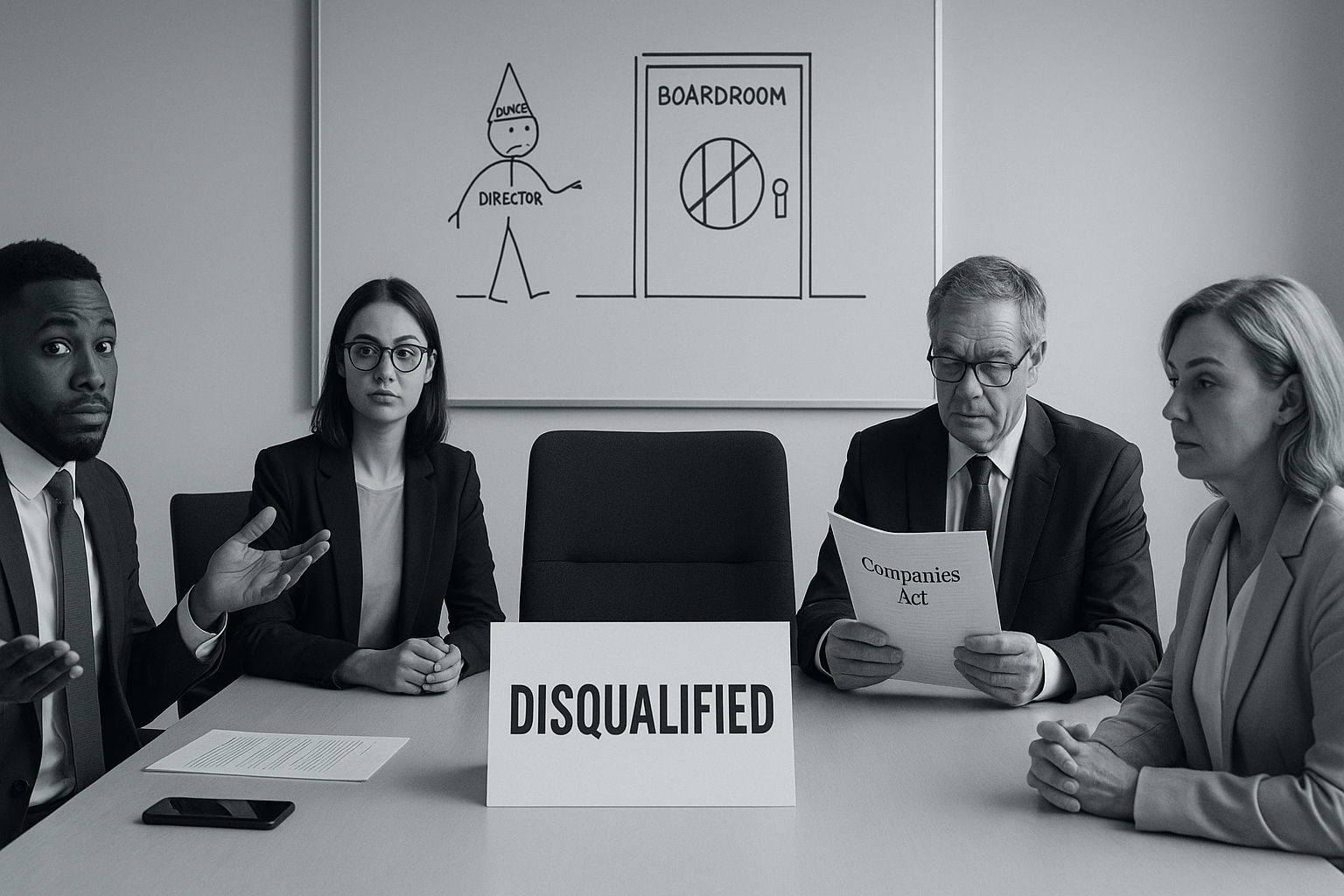This article is written for new business founders and entrepreneurs who need to understand the basics of company share structures. If you're setting up a company in Ireland or the UK, this information is essential for your compliance journey.
Key Takeaways
- Authorised share capital sets the maximum number of shares a company can issue, similar to a venue's maximum capacity.
- Issued share capital represents the shares actually allocated to shareholders, like tickets that have been sold for a concert.
- Irish companies are no longer required to set a maximum authorised share capital, providing greater flexibility for future growth.
- Even without a maximum limit, proper procedures must still be followed when issuing new shares.
- A company's constitution details how share capital is structured and managed.
- Different classes of shares offer varying rights and privileges to shareholders, similar to different ticket types at an event.

Understanding Share Capital: The Foundation of Company Ownership
When registering a company, one of the first concepts you'll encounter is share capital. In fact you will see it on the incorporation form if you try to do the registration yourself.
Think of it as the financial foundation upon which your business is built.
Share capital comes in two primary forms: authorised share capital and issued share capital.
Understanding the difference between these concepts is crucial for proper corporate governance and compliance.
Authorised Share Capital: Setting the Venue Capacity

Authorised share capital is the maximum amount of shares that a company is permitted to issue to shareholders, as stated in its constitutional documents.
Imagine your company is a popular band performing at a concert venue. The authorised share capital is equivalent to the maximum capacity of that venue. It represents the total number of seats available, though not all of them need to be filled at any given time.
This ceiling is set during the company formation process and provides parameters for potential growth without requiring immediate constitutional amendments.
It's essentially establishing how big your business might eventually become in terms of shareholder numbers.
Issued Share Capital: The Actual Tickets Sold
In contrast, issued share capital refers to the portion of authorised shares that have actually been given out to shareholders.
Continuing our concert analogy, issued shares are like the actual tickets that have been sold to attendees. While the venue might have a capacity of 100,000 people (the authorised capital), the band might decide to initially sell only 5,000 tickets (the issued capital).
The key insight here is that companies typically don't issue all their authorised shares at once.
Instead, they strategically release shares over time to:
- Raise additional capital as needed
- Bring in new investors
- Implement employee share schemes
- Allow for future growth and expansion
The Irish Perspective: No Maximum Required

Under Irish company law, particularly since the Companies Act 2014, private companies limited by shares (LTDs) are not required to state a maximum authorised share capital.
It's not the perfect analogy but you could consider this part similar to hosting an open-air concert where there's theoretically no limit to the number of attendees. However, this doesn't mean just anyone can attend - they still need a valid ticket (or share). It simply means there's no predetermined ceiling on how many tickets can be distributed.
This flexibility allows Irish companies to issue new shares without the administrative burden of altering their authorised share capital limits. However, it's important to note that issuing new shares still requires proper corporate approvals, including director and shareholder resolutions where appropriate.
Constitutional Provisions: The Venue Rulebook
A company's constitution (formerly called the Memorandum and Articles of Association) serves as the rulebook governing how the company operates - similar to the rules and regulations that dictate how a concert venue runs.
For companies that do specify an authorised share capital (don't), this figure is explicitly stated in the constitution. The document will outline:
- The maximum number of shares the company can issue (authorised share capital)
- The nominal value of each share (par value)
- The rights attached to different classes of shares
Even for companies without a stated maximum, the constitution will detail the procedures for issuing new shares, transfer restrictions, and other governance matters related to share capital.
Types of Shares: From General Admission to VIP Access

Just as concert venues offer different ticket categories - from standing tickets to premium VIP packages - companies can issue various classes of shares that confer different rights and privileges on their holders.
Common types include:
- Ordinary Shares: These are like standard admission tickets, providing basic voting rights and dividend entitlements proportionate to ownership. The founders will usually own these initially.
- Preference Shares: Similar to VIP tickets, these shares typically offer preferential treatment when it comes to dividend payments and capital distribution upon winding up.
- Redeemable Shares: Think of these as tickets that the venue can buy back under certain conditions.
- Growth Shares: These are designed to benefit from future growth, similar to early-bird tickets that increase in value as the event approaches.
Each share class comes with specific rights regarding voting, dividends, capital return, and transfer restrictions.
The constitution will outline these rights in detail to ensure all shareholders understand their entitlements.
What Next?
Check out our comprehensive articles on setting up Irish company.
This article is for Non-EEA entrepreneurs or this article is for entrepreneurs based in Ireland.

Stuart Connolly is a corporate barrister in Ireland and the UK since 2012.
He spent over a decade at Ireland's top law firms including Arthur Cox & William Fry.










.webp)


